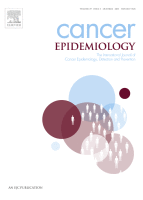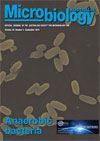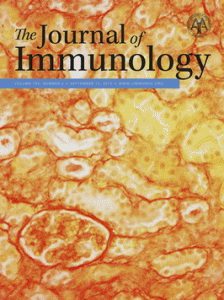 To one reader of a paper on a nerve cancer, the researchers, based at a hospital in China, seemed to have found a very large number of cases of a rare cancer to study. That observation triggered an investigation into the paper that led to its retraction — and the concern that the authors in the paper never did the research at all.
To one reader of a paper on a nerve cancer, the researchers, based at a hospital in China, seemed to have found a very large number of cases of a rare cancer to study. That observation triggered an investigation into the paper that led to its retraction — and the concern that the authors in the paper never did the research at all.
The authors say they recruited 156 patients who had a particular kind of cancer that affects the tissue around nerves, known as malignant peripheral nerve sheath tumors. For context on how rare that is: Other researchers found a mere 1,182 new cases over a nearly four-decade period in the U.S. The study, according to the methods section of the paper, was supposedly done with patients who had a specific type of the disease, and who were
consecutively recruited from Wuhan Union Hospital, Huazhong University of Science and Technology in Wuhan (Hubei, China) between July 2000 and November 2012
According to the retraction note for “Common genetic variants in the microRNA biogenesis pathway are associated with malignant peripheral nerve sheath tumor risk in a Chinese population,” the hospital where the work was done never treated all of those patients:
Continue reading There’s “no evidence” research was conducted at all in retracted cancer paper

 A paper on
A paper on 
 All but one of the authors of a
All but one of the authors of a 


